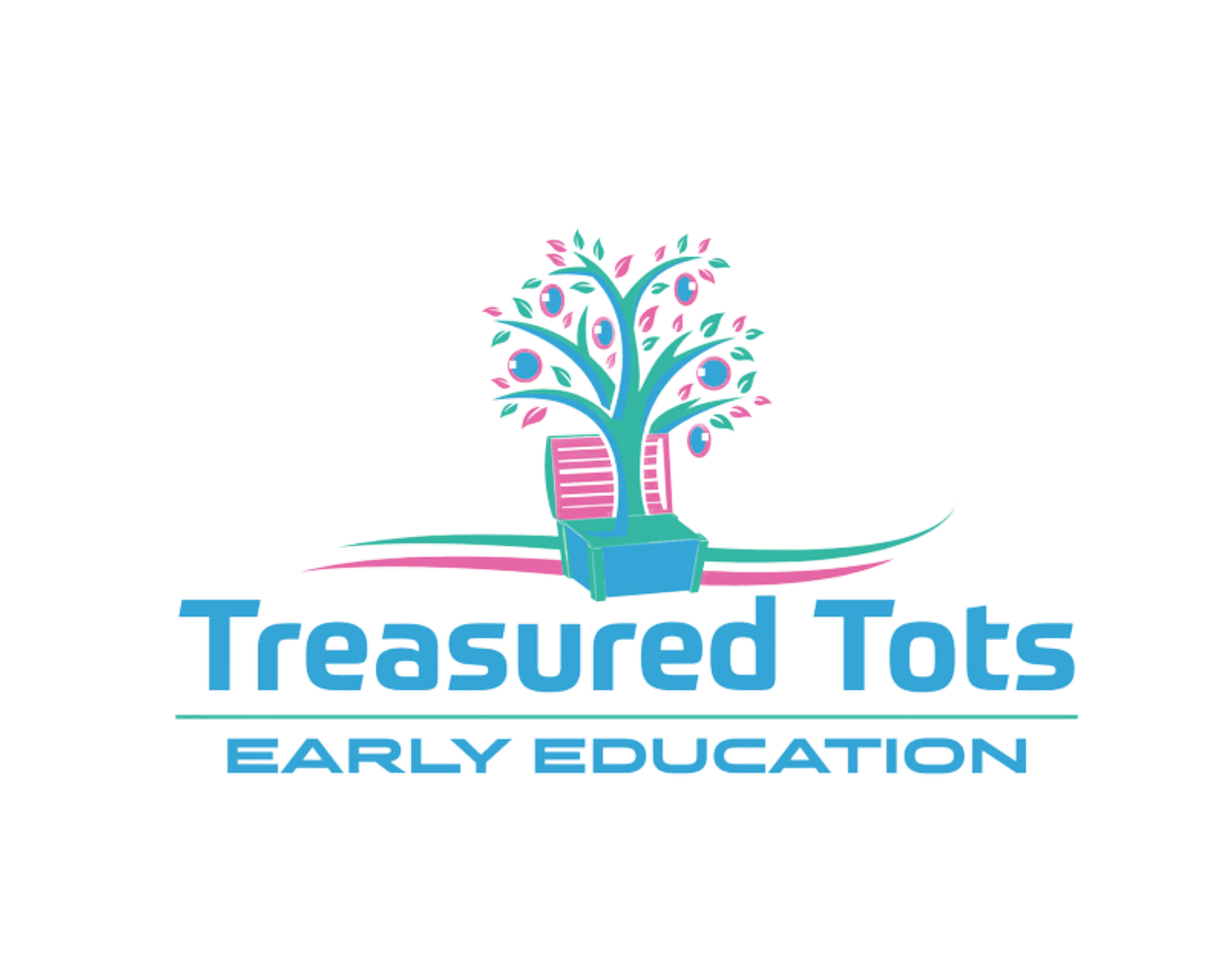Is Early Education Better than Staying at Home for Young Children?
For many parents there comes a time when they need to consider whether they should be sending their child to an early education centre. For some, a decision needs to be made on going back to work, while for others, they are simply tossing up whether their child will do better socialising with other children rather than being cared for by family members.
There are often mixed feelings about whether a younger child is better off in an early education setting or at home being cared for by a parent or other caregiver. Of course, not all family situations allow for a parent to be home with a child until they are three or four, and early education may be the best choice.
According to Dona Matthews Ph.D. in an Psychology Today article, for the first three years, infants and toddlers do best in home-based settings. They tend to experience less stress, less illness and fewer behavioural problems. She then notes that if you do require the use of child care in those first three years, that fewer days are better than more. However, after the age of three, a good early education centre has a lot of benefits.
One issue with much of the research on whether it is better for young children to be at home, is that it was completed before the sector made a change from a “day care” based system, to an early education setting. Unlike even 10 years ago, today, early education centres provide some great opportunities for children to develop motor skills, and social skills.
The Australian Institute of Family Studies, in 2015, released a fact sheet on the use of early childhood education and care in Australia. They note that the peak age of attendance at an early education centre is 4 years, and that few children under the age of 1 year old were in formal child care. Children under 1 are more likely to be cared for by informal carers such as grandparents or other family members.
The patterns of the research by AIFS show that children move in and out of different forms of care as they grow older, their developmental needs change or as their parents’ need for child care change. Today, children enter primary school with varying levels of early childhood education.
There are of course benefits to both styles of care, and while it generally comes down to the support a parent has available and the care they need, sometimes it comes down to what would suit the child best. A highly social or independent child may do better in an early education centre where they are interacting with other children, while a child who is more introverted may be happier being in a home-based care setting where there are less people around.
Benefits of Early Education Centre Care
As mentioned, there will always be some children who do better with early education care, for a variety of reasons; and there are plenty of benefits to early education.
Firstly, in a child care centre, children develop some really good habits. This isn’t to say they don’t develop them in a home based care situation, however for those families where their day is never the same (work hours, appointments, visitors and so on), having that routine can be a great way for them to learn what to expect each day.
Children also learn literacy skills from an early age as well as developing a love of learning in an early education setting. Again, this can happen in the home, but there are many parents and caregivers who aren’t across the best way to teach children, or perhaps just don’t have time as they work from home.
One of the biggest benefits to an early education centre is that children learn emotional resilience. They learn how to get along with other children and adults, how to share, how to listen and communicate, and how to become independent. These skills then help children as they grow, and they can manage their emotions when they hit school age.
Benefits of In-Home Care
On the other side, there are many benefits to an in-home care setting, whether that be with either parent, other family members or another care option. If your child has a very set routine in terms of their sleep and meals, in-home care can be crucial to continuing with this routine. Another benefit of being at home with a parent or other caregiver is that a child’s individual interests and strengths can be focussed on - if your child loves art, there is nothing stopping them from doing this for hours on end at home. Similarly, to building with bricks, reading, cooking and so on. Learning can be catered to their needs.
One reason many parents choose to either keep their children at home, or use an in-home care option, is simply due to flexibility. Standard early education centres have set hours which doesn’t always work for shift workers or those who start early or work late for example.
As a parent, it is important to weigh up what best suits both the child and the rest of the family. For some families, an early education centre is the best choice, while for others, in-home care suits better. If you feel that early education best suits your family, we’d love to invite you to speak with us at Treasured Tots. For a tour of our centres in Mandurah, Bibra Lake, Fremantle, Piara Waters, Hamersley, Bennett Springs and Bicton, give us a call.

